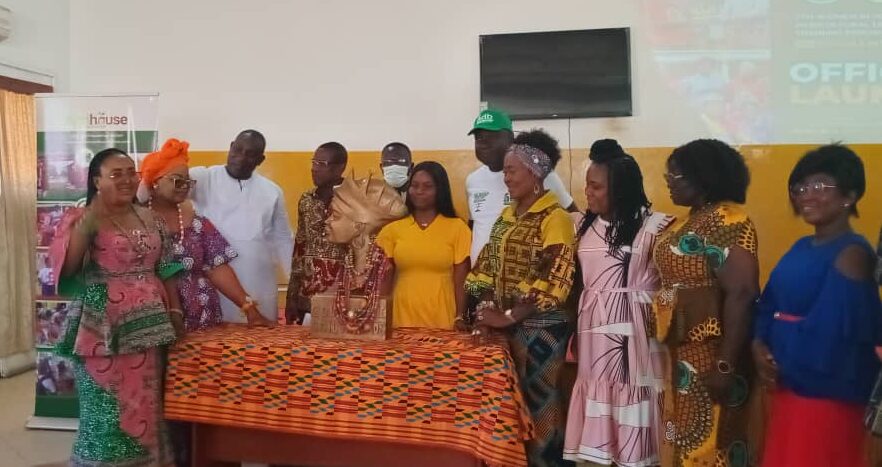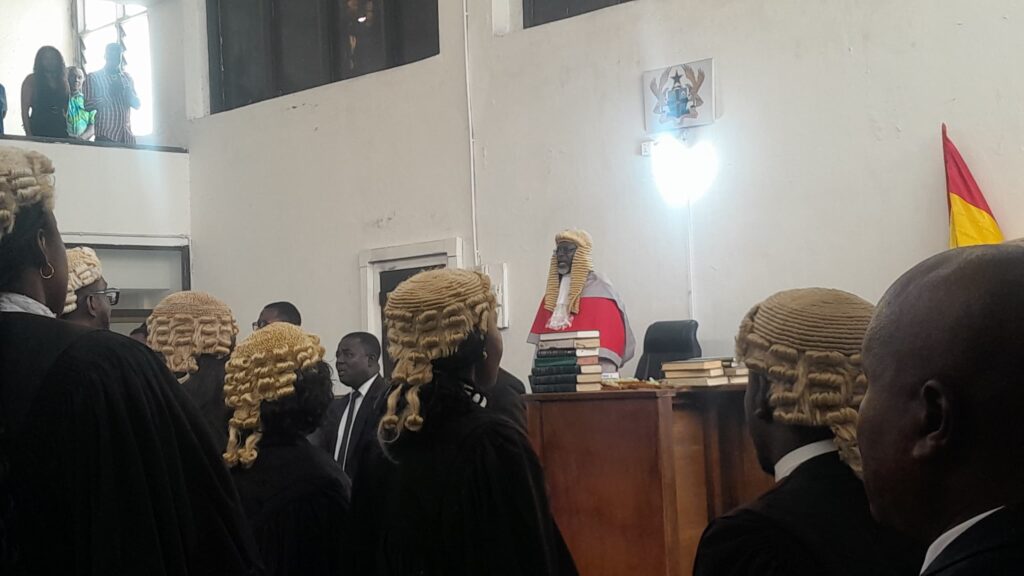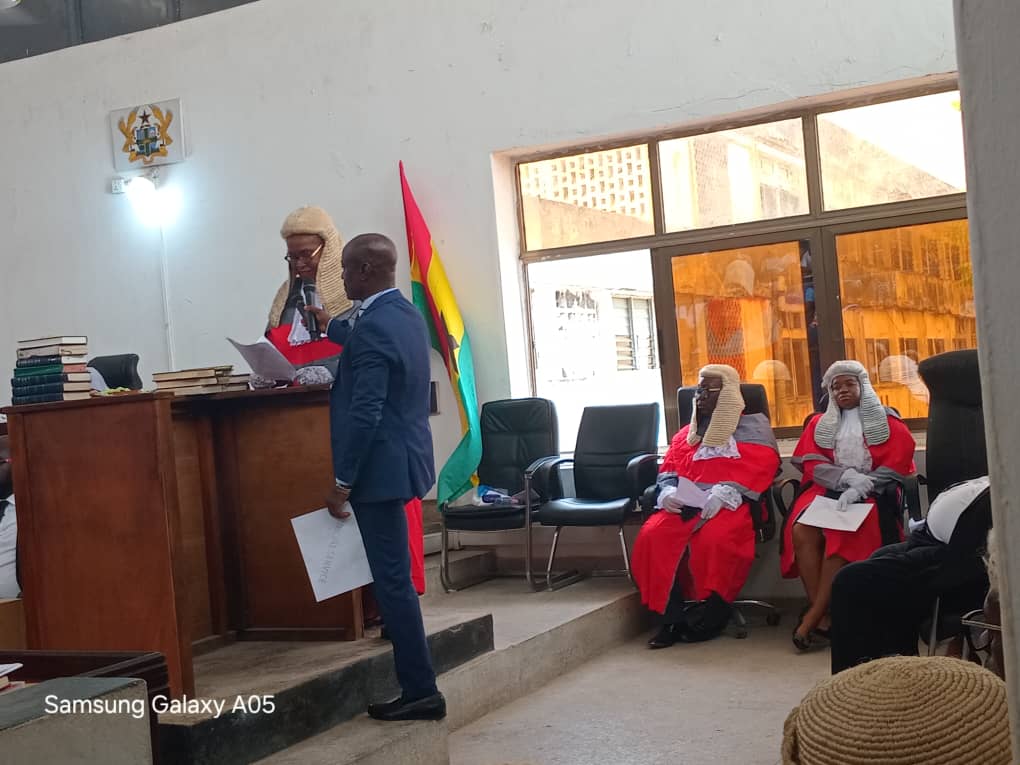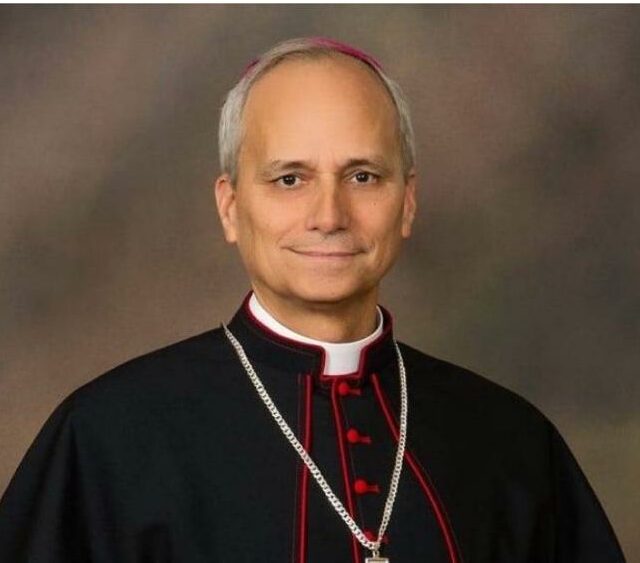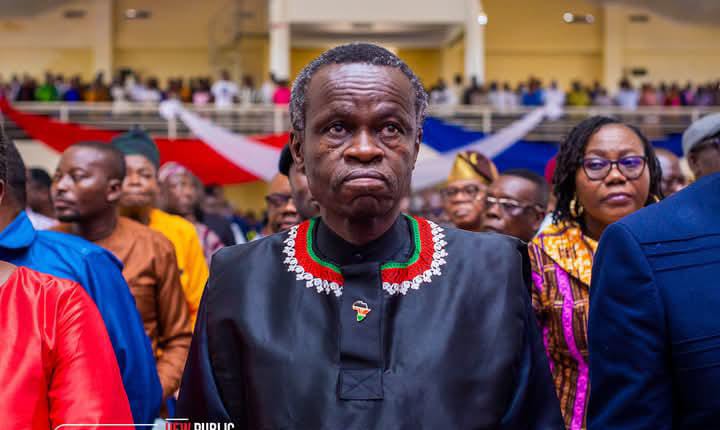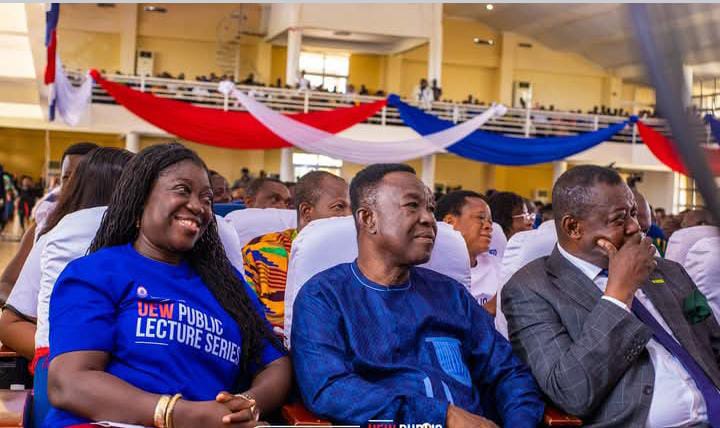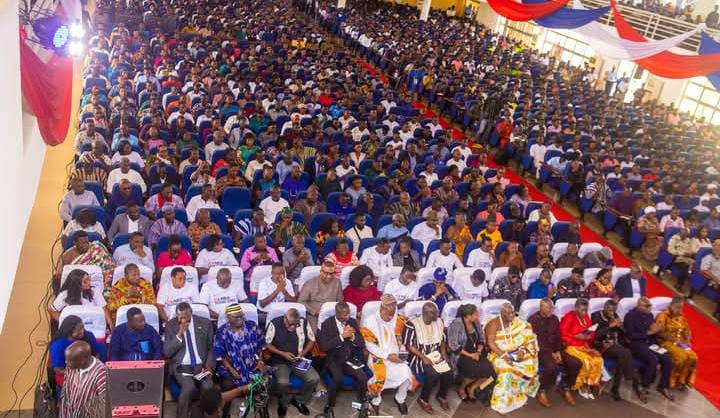From Joana Kumi, Cape Coast
The Agrihouse Foundation has launched the 7th edition of the Women in Food and Agricultural Leadership Training Forum (WOFAGRIC) and Gold in the Soil Awards, with a renewed commitment to championing the role of women in Ghana’s agricultural sector.
The launch, which took place in the Cape Coast was marked by a passionate call to invest in the strength, resilience, and leadership potential of women farmers, processors, agripreneurs, and persons living with disabilities who are making significant contributions to the sector.
In a speech read on behalf of the Executive Director of Agrihouse Foundation, Alberta Nana Akyaa Akosa, Regina Antwiwaa Mensah described the WOFAGRIC and Gold in the Soil Awards as a transformative movement that has empowered over 18,000 women across various regions in Ghana, including Volta, Ashanti, Upper East, Upper West, Western, Western North, Eastern, and Bono.

“This initiative has not only highlighted the contributions of women but has also given a voice to the marginalized, including women farmers with disabilities whose courage and innovation continue to inspire us,” the speech noted.
She noted that this year’s awards would feature 16 competitive categories aimed at recognizing women who were breaking barriers and creating change across the agricultural value chain.
Ms. Mensah, however, expressed concern over the absence of female representation in tractor and machinery operation, a gap they were determined to bridge, starting with the Central Region.
She again observed that age gap in the sector was another issue where the youth were not ready to venture into agriculture.
“The youngest award-winning woman we have recorded so far is 35 years old,” he stated.
She therefore urged all stakeholders to encourage more young women and girls to pursue careers in agriculture beyond farming, including agribusiness, input dealership, and mechanization.
Delivered a speech on behalf of the Central Regional Minister, Ekow Panyin Okyere Eduamoah and the Regional Coordinating Director, Bless Kwame Darkey, Waxzy Balukia Mukaila emphasized the importance of supporting legal reforms that would guarantee land rights for women in agriculture.
He stressed that land titles needed to bear women’s names and called for intensified community education to challenge long-standing cultural beliefs that have prevented women from owning land.
He noted that agribusiness has proven to be more than just a farming opportunity, it served as a powerful tool for economic empowerment, social progress, and the creation of sustainable livelihoods.
Despite the critical role women played in agriculture, Mr. Mukaila observed that they were often denied access to land, finance, markets, and technology, which limited their ability to thrive and contribute meaningfully to national development.
Mr. Mukaila further called on financial institutions to reconsider their perception of women as high-risk clients.

Instead, he urged them to see women as high-potential entrepreneurs and to design microfinance models that valued collective guarantees such as women’s cooperatives.
According to him, when women were supported to access markets, they did not just sell produce, they created prosperity that extended to families and communities.
He therefore commended Agrihouse Foundation and its partners for their immense contribution to the agricultural sector.
The Central Regional Director for Fisheries and Aquaculture, Kwame Damoah, commended Agrihouse Foundation for incorporating the fisheries sector into this year’s initiative.
He emphasized that supporting women in agriculture, including fishing, was crucial since many fishing-related tasks were primarily carried out by women.
He added that motivating and encouraging women to increase their involvement in fishing activities could help reduce the annual fish imports by boosting local production.
Mr. Damoah urged women in the fishery industry to actively participate in the awards, expressing confidence in the hardworking nature of women in the Central Region.
Adding her voice, the Central Regional Director of Gender, Richlove Amamoo, observed that empowering women in the agricultural sector was key to driving economic development in the country.
She noted that women played a vital role in agriculture, and supporting their efforts would significantly boost national growth.
She further stressed the need for targeted interventions and policies that create equal opportunities for women to thrive in the sector.


